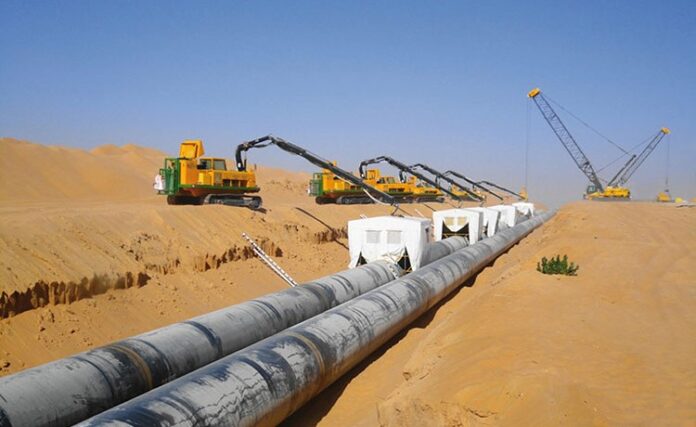According to MEED magazine, the escalating water scarcity across most regions in the Middle East and North Africa is driving a surge in investments aimed at bolstering the water sector’s capacity and efficiency. This trend seeks to address the growing demand for water and mitigate obstacles to major economic improvement projects in the face of water scarcity.
The report emphasizes the need to redirect spending toward enhancing water desalination and treatment capacity for sustainable water management. Additionally, investments are being directed towards water transportation pipeline projects to curtail water loss and enhance sanitation practices, reports Al-Anba daily.
National and municipal governments are also undertaking projects such as reservoirs and district cooling to fortify water security and reduce the environmental impact of buildings.
Data from Med Projects reveals a substantial increase in contract awards, totaling approximately $22 billion between January and November 2023 — double the value compared to the previous year. Saudi Arabia dominated with 43% of the total contracts awarded, followed by the United Arab Emirates with 23%.
In terms of non-awarded contracts for water transportation projects, the UAE and Saudi Arabia took the lead with $10.75 billion and $9.986 billion, respectively. Following closely were Oman and Qatar with projects valued at $1.823 billion and $1.35 billion. Kuwait secured the fifth position with $660 million, and Bahrain concluded the list with projects worth $240 million.
Water transmission and pipeline projects constitute around 35% of the planned and non-awarded projects, with water desalination and wastewater treatment plant projects each accounting for approximately 25% of the share. This surge in investment reflects a concerted effort to address water scarcity challenges and promote sustainable water management practices in the region.

















